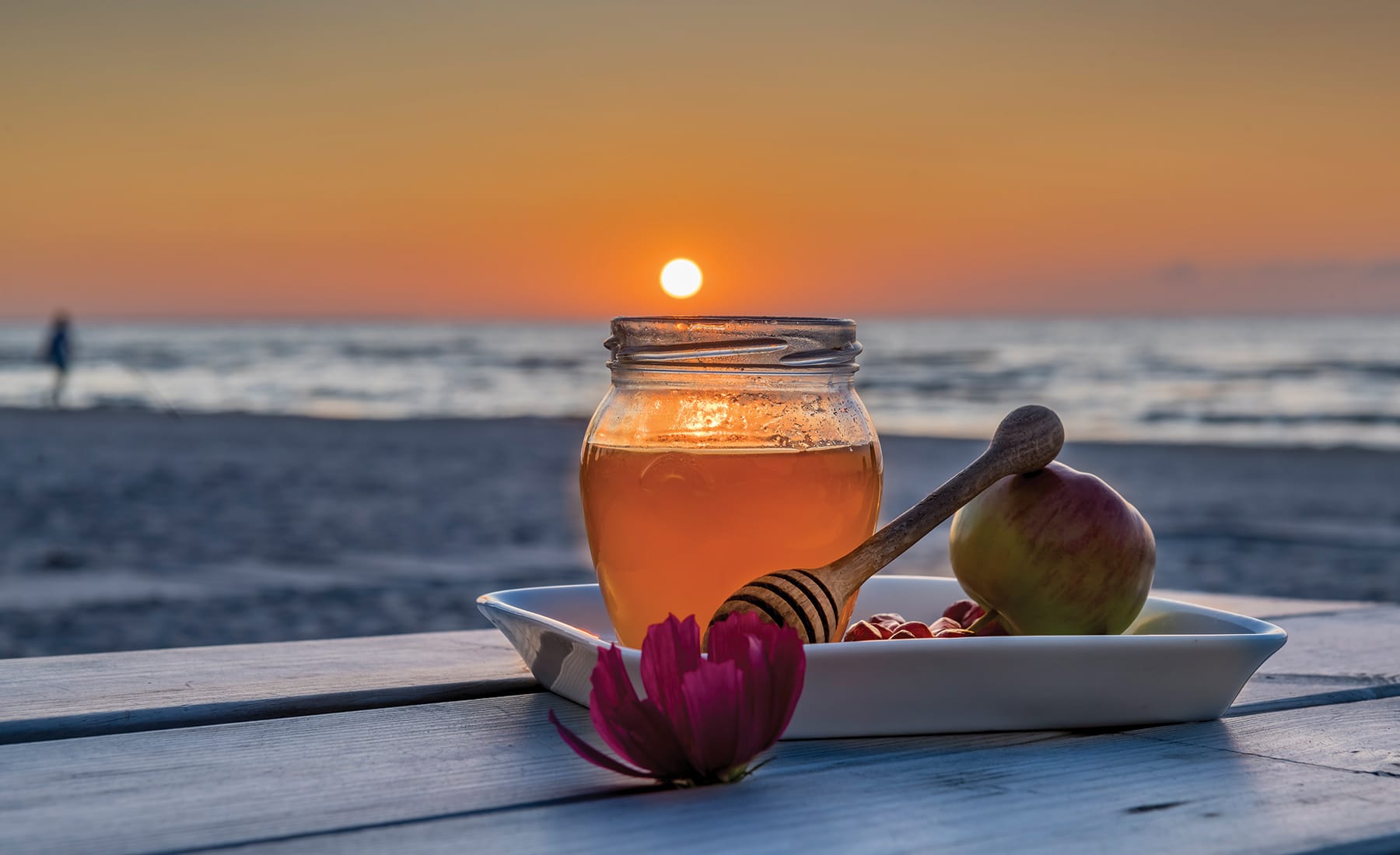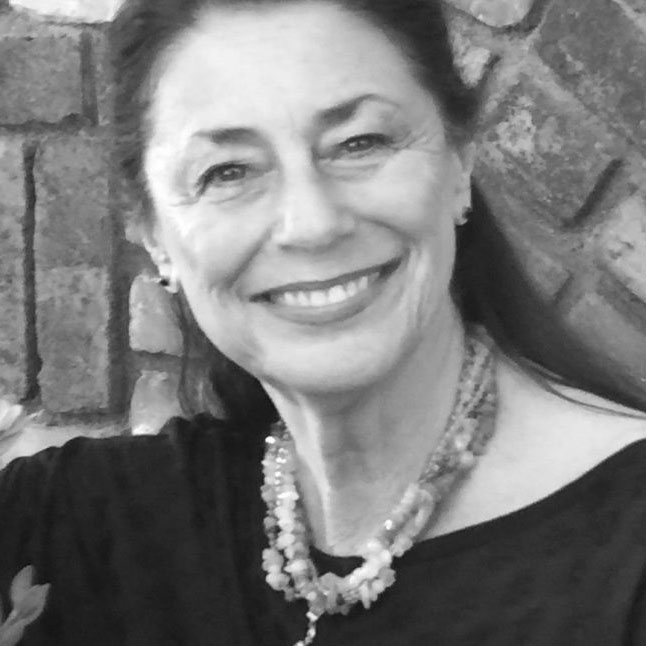
A new year is upon us — and what a gift to receive in this critical moment. This Rosh Hashanah is like no other. Surrounded by health, racial, economic, ecological and political chaos, we all hunger for meaningful change, quietude and shalaym, wholeness.
We all have lived with uncertainty and the unpredictable in the past. This is a feature of life. But the fears, loss and restrictions of today have magnified exponentially our personal struggles and communal challenges. Yet, Judaism has always expected its people not only to grapple with this kind of reality but soar beyond it and never lose hope.
Rosh Hashanah means “head of the year,” and the root for shanah also means “change.” We are being asked to look within — what is called cheshbon ha-nefesh, an accounting of the soul. Although COVID-19 has forced so many to become more mindful of their values and perhaps outmoded beliefs, Judaism requires greater scrutiny, awareness of our mistakes and cognizance of our sinful actions toward ourselves, toward others and, ultimately, toward God.
Isaiah reminds us that “we are refined through our afflictions.” Through that which is the most painful and excruciating of our life experiences, we become finer, better and exceptional human beings. Rav Kook teaches, “Every mistake, sin and failure has a spark of goodness that sustains and energizes the soul.” He adds, “Joy comes from knowing that doing teshuvah, the work of repairing the self and reconciliation with others, gives value and purpose to one’s past mistakes.” It is in the process and the hard work of growth and expansion that we acquire confidence, self-satisfaction and resilience. Torah teaches from the very beginning that it is through chaos and darkness that the potential for new life emerges. It is just as important to acknowledge how we’ve changed for the better, discovered hidden talents and skills, and come to embrace our better angels, showing more kindness, compassion and understanding of the human condition. Even as we are paradoxically conflicted between anger and sadness, lethargy and action, grief and hope, we find the sparks of light that draw us forward to embrace life.
These coming days also are the birthday of the world and the first human being. We celebrate the wonder and awe of Creation. We acknowledge our deep connection to one another, and that one Divine being, male and female, is the source of all. The liturgy for Yamim Noraim reminds us there is one judge, one sovereign and one great Father and Mother. Being willing to surrender ourselves with humility and grace allows our souls to be pliable and soft, permitting the transformation of our being over these High Holy Days.
We remember the past, not just the last year in which our inclination toward good and the not so good revealed themselves, but the history that shaped us — forefathers and foremothers, priests and prophets, sages and tzadikim — those who left this world on the altar of hatred and anti-Semitism, and those in our families who no longer reside with us in this world.
We acknowledge our deep connection to one another, and that one Divine being, male and female, is the source of all.
The shofar blast, the great symbol of the unvoiced pain within as well as the unexpressed joy, permeates every soul and calls us to pay attention. Just as mindfulness meditation has become a conventionally accepted form of being fully present, so Judaism awakens us to a Hineni moment, meaning, “here I am” or “truly, I am here.”
We’ve been through hell — every single one of us. It is the one thing we share as a country and, more particularly, as a community. If ever there was one time we most need one another, it is right now. We can’t hug, we can’t sit side by side and we can’t come together. We are deprived of the very things we need that would bring comfort and support.
Yet, we are connected and feel one another through computer screens and masks. We are reminded in Torah that when we bring our offerings, we must do it with simcha, joy . In our virtual services, we must all bring our glorious voices and prayers as an offering to the Holy One. Together, though apart, we will bring healing to the community, to ourselves and to God.
Eva Robbins is a rabbi, cantor, artist and the author of “Spiritual Surgery: A Journey of Healing Mind, Body and Spirit.”























 More news and opinions than at a Shabbat dinner, right in your inbox.
More news and opinions than at a Shabbat dinner, right in your inbox.